Table of contents
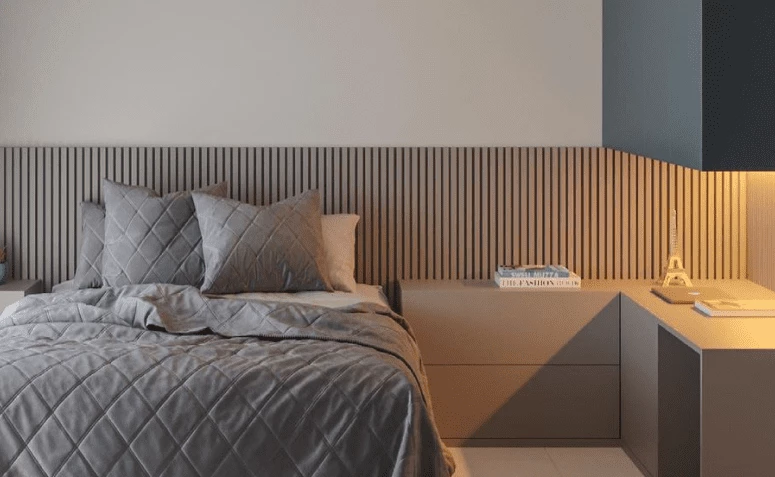
Initially, the wainscoting technique was created with the intention of increasing the thermal insulation of houses by covering the walls with solid wood slats. Now, they are also widely used as an aesthetic choice to bring texture and sophistication to the space.
See_also: 50 spectacular options of how to use chaise longue in decorationWhat is wainscoting
Panels are strips made of wood, or other materials such as MDF, PVC, or aluminum, with tongue and groove fittings.
Types of wainscoting
To better suit the consumer's reality, wainscoting panels can be made of various materials. The most classic is solid wood or MDF wainscoting, but it is very common to find the technique made of plaster, PVC, and even aluminum.
See_also: Lotus flower: valuable tips for growing this beautiful water plant- Wooden wainscoting: is the traditional material to make paneling, brings a rustic and sophisticated style, besides being super-resistant. The investment is a little higher;
- MDF wainscoting: For those seeking an effect similar to wood paneling, but with a better cost-benefit ratio, the ideal is to invest in MDF;
- Plasterboard: plaster is indicated for those looking for a more classic style. Its price is a little higher;
- PVC wainscoting: this material is the most indicated for projects with a tighter budget, besides being super versatile. PVC can be used for covering ceilings or wall cladding;
- Aluminum wainscoting: Not very common, aluminum wainscoting is often used for doors, but it can be applied to other decorations as well.
There are many options of material for the application of wainscoting in decoration. The important thing is to understand its uses and choose the one that best fits your reality.
How to make wainscoting
If you want to tackle this little renovation on your own, check out some super useful tutorials below that will help you on your journey!
How to cover tiles with wainscoting
In another video from the bathroom remodeling series, architect Alles Godoy teaches how to cover a tiled wall with MDF wainscoting. Using strips of 1.20 in height, the architect brings the sensation of raising the bathroom's ceiling height, which is a little low. Watch the full video!
How to make a wainscoting headboard
Learn from Caio and Ale how to make a beautiful wainscoting headboard in their bedroom. Using spaced strips, they fixed pinned slats to the wall, and a polyethylene skirting board for the finishing touch. Check out the full tutorial.
How to make wainscoting in an easy and inexpensive way
For an easy and affordable project, the material chosen to make the wainscoting is E.V.A. The first step to make the panel is to delimit a maximum height. With this, glue the first E.V.A. ruler horizontally at the limit height, then separate the other rulers that will be vertical and glue them to the wall. The space between each one will depend on the total space of the wall you choose.
How to create the feeling of a larger space with wainscoting
In this video, Darleni Bertolini explains how to use the wainscot panel to increase the feeling of height or width of the room. According to her, if the wainscot panel occupies the entire wall, up to the ceiling, the room will seem larger. On the other hand, if the panel goes from one end to the other, horizontally, on the wall, the feeling of a wider space is made.
With such good tutorials, it is not difficult to put this remodeling project into practice, is it? And to help you with inspiration, check out now 30 pictures of wainscoting in decoration.
30 pictures of wainscoting to add a fun touch to your decoration
Have you decided to adopt the technique in your decoration, but still don't know exactly where and how? To clarify your ideas and increase your creativity, take a look at the following projects.
1. wainscots are panels made of rulers
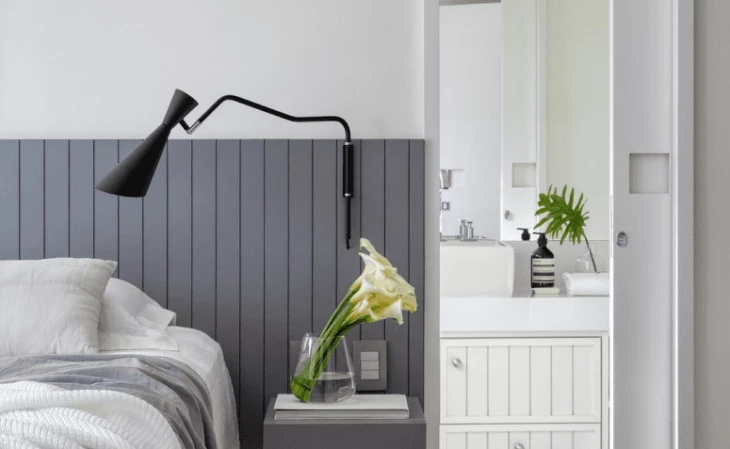
2. they serve as wall or ceiling coverings
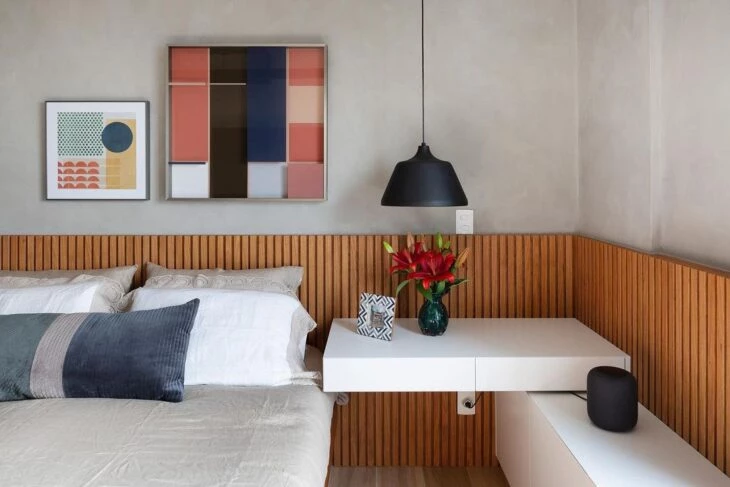
3. and can be made of various materials
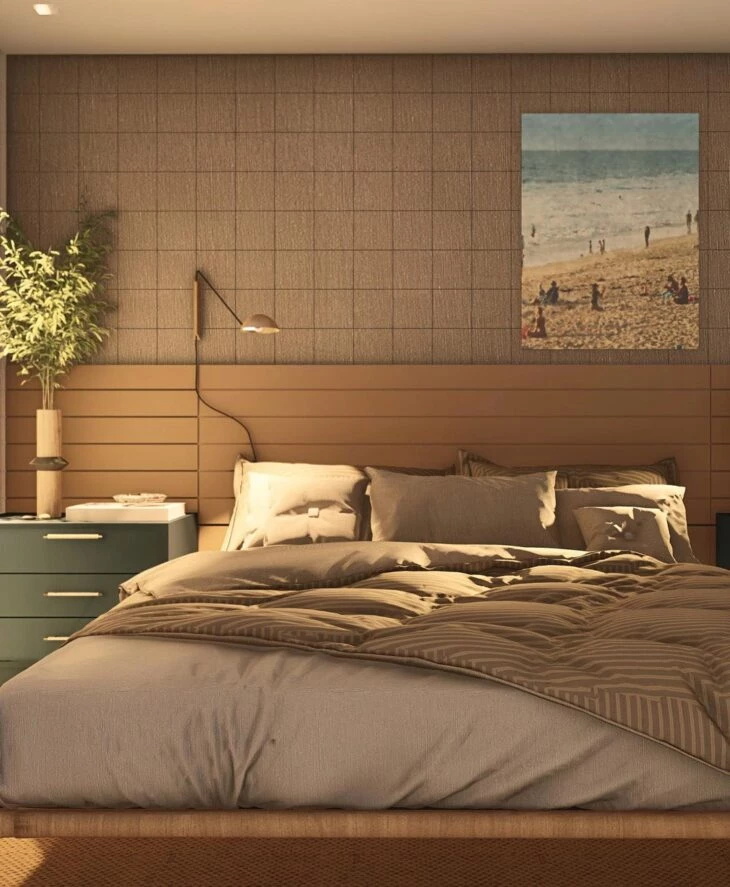
4. the traditional material is solid wood
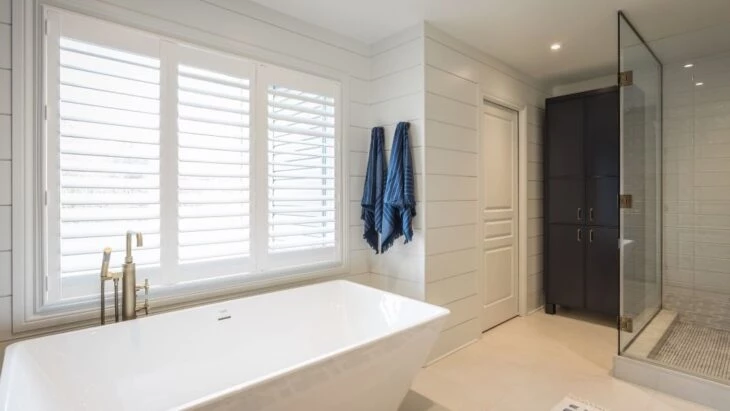
5. because it was noble and resistant, it helped maintain thermal insulation
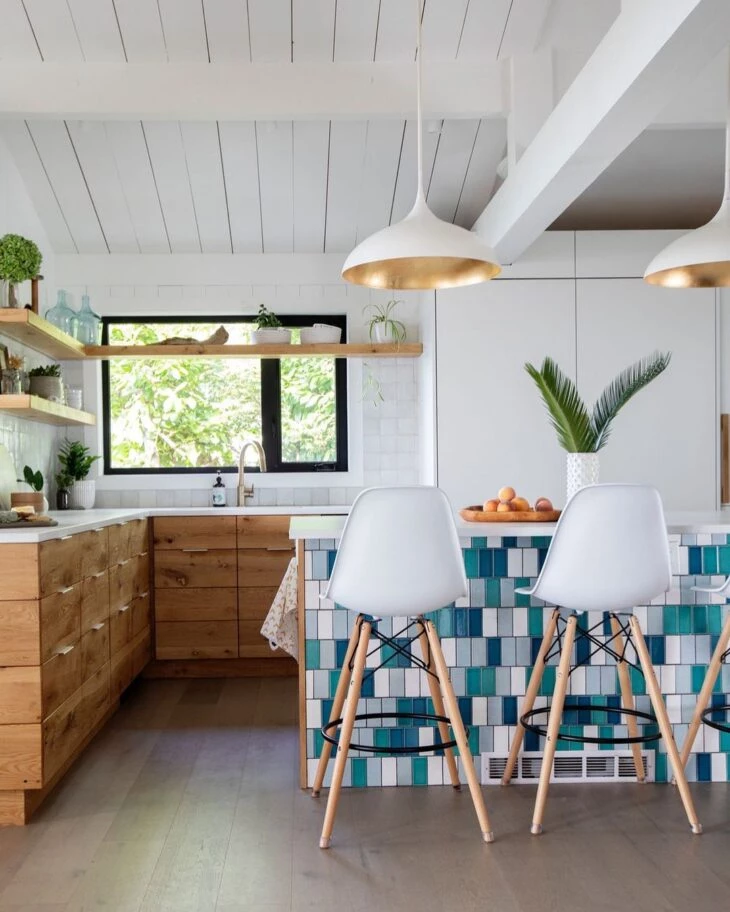
6. nowadays, for more aesthetic issues
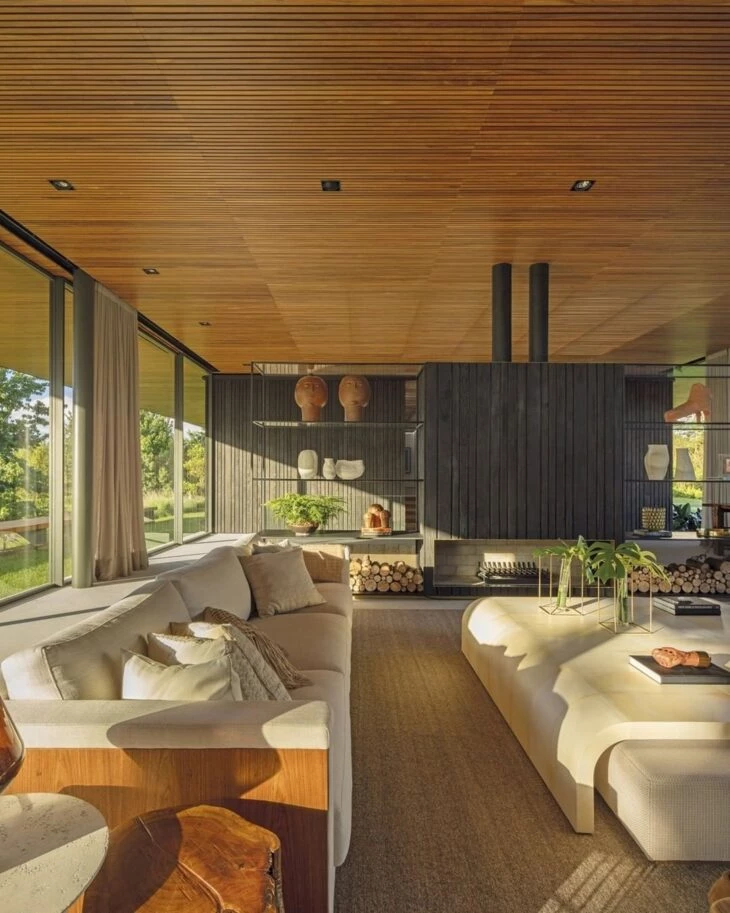
7. wainscoting can be made of MDF, PVC and even EVA
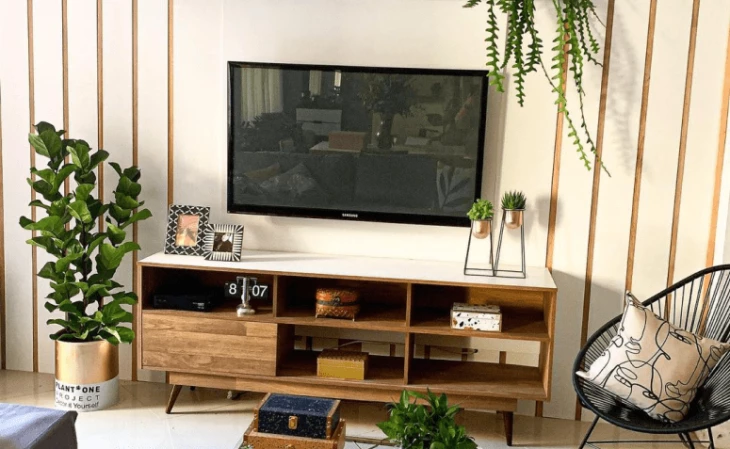
8. depending on the material, you get a different decorative style
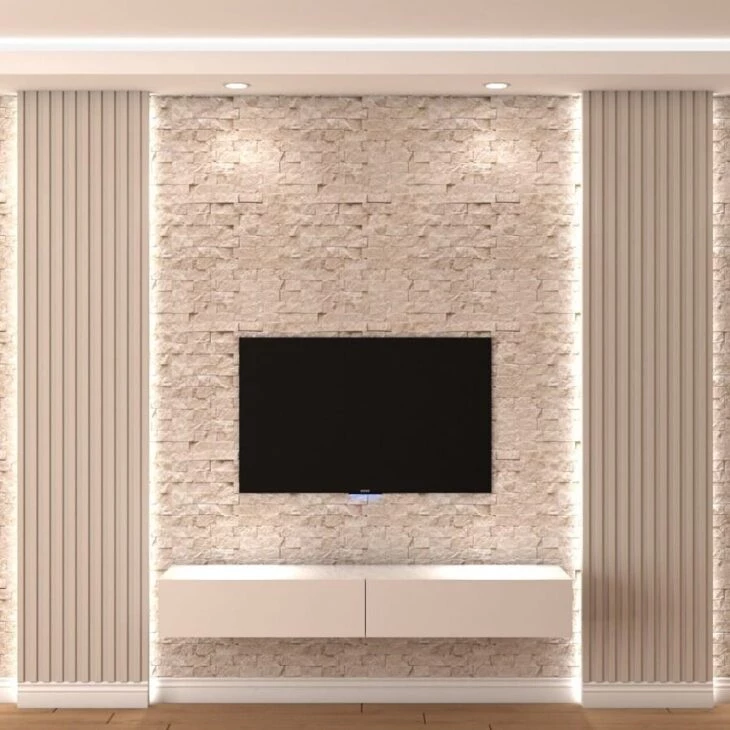
9. wood wainscoting brings a rustic and sophisticated look
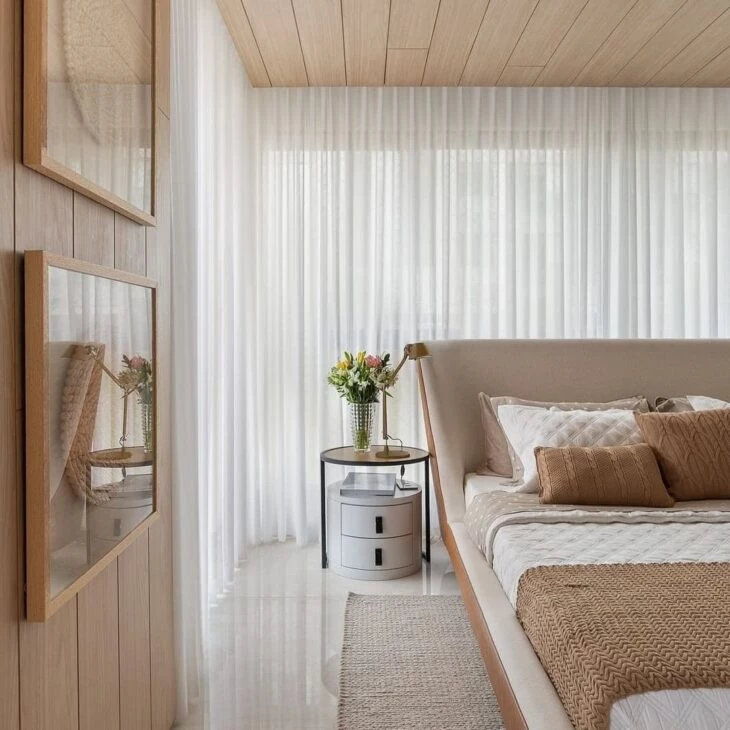
10. plaster wainscoting makes the environment classic
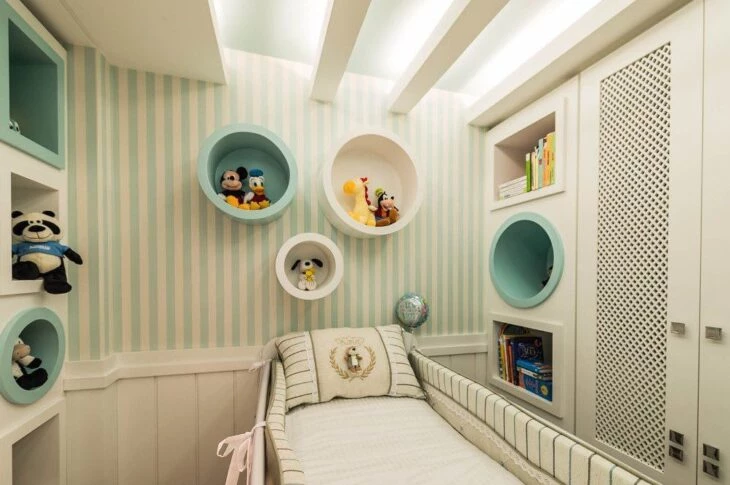
11. to modernize the technique, bet on colors
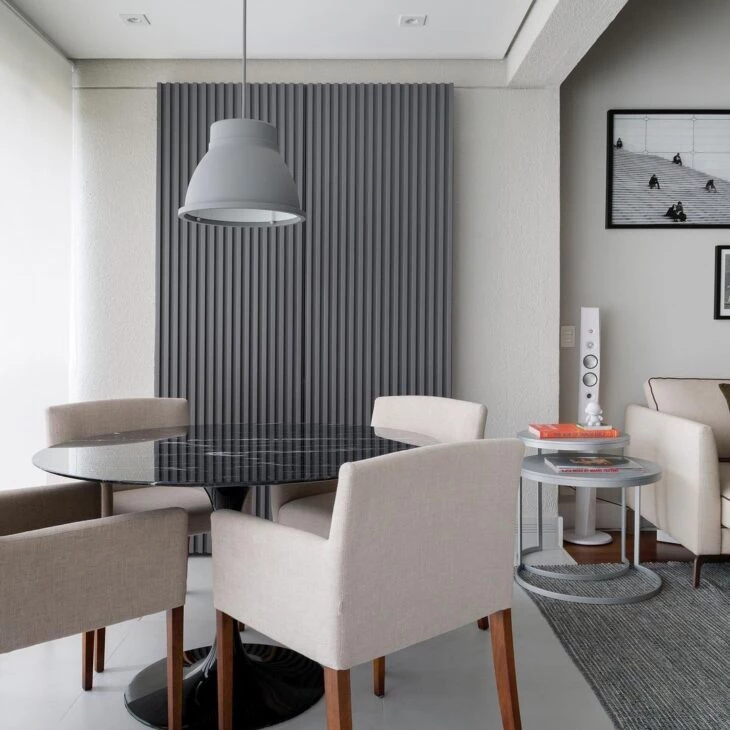
12. or play with the lighting
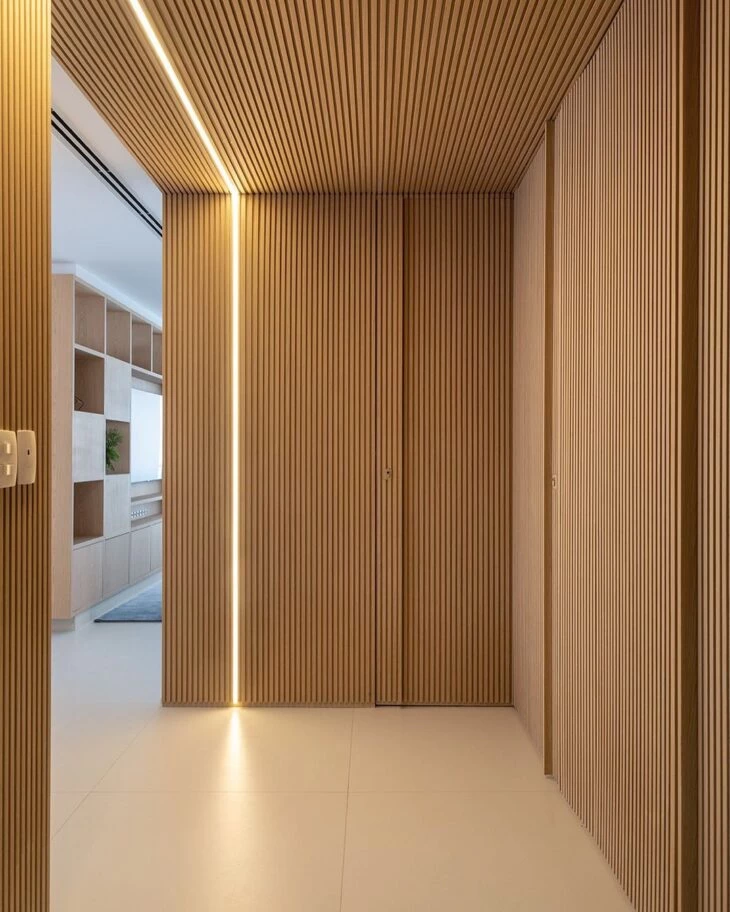
13. the bedroom is a great room to apply the technique
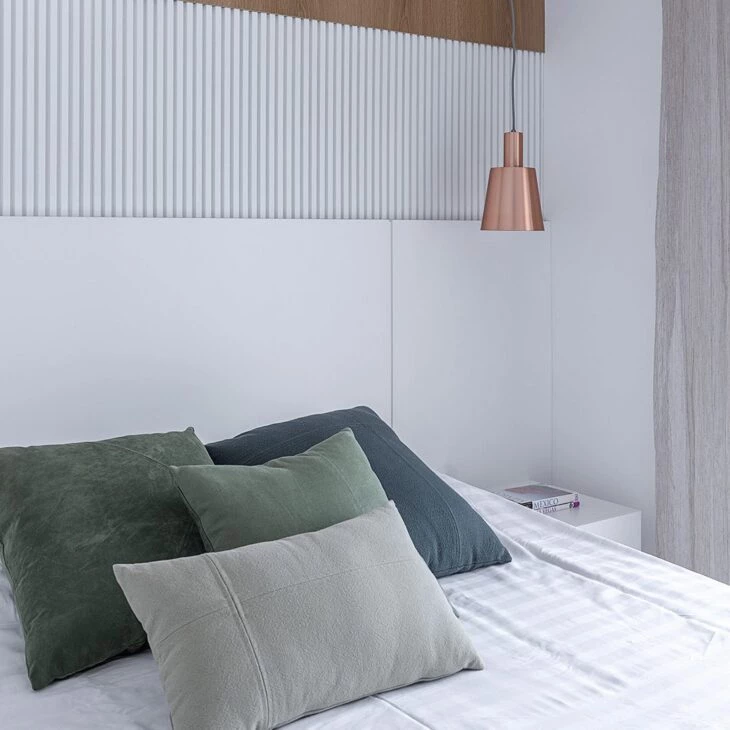
14. intersperse the panels with mirrors and watch the magic happen
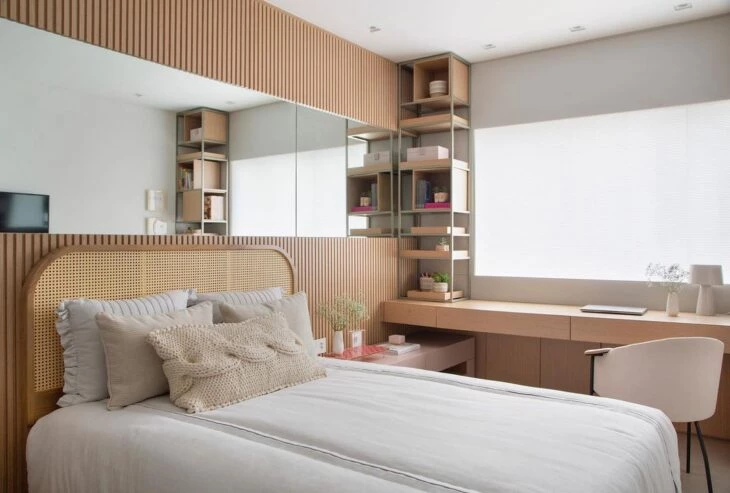
15. you want an imposing decoration? fill the whole space with wainscoting
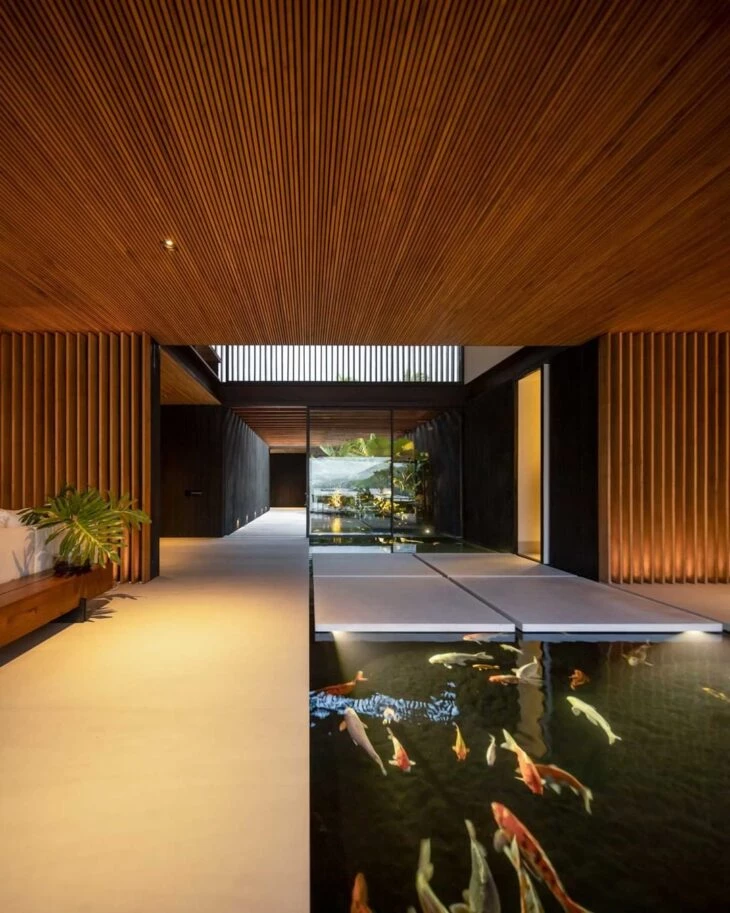
16. for a more subtle effect, increase the width of the rulers
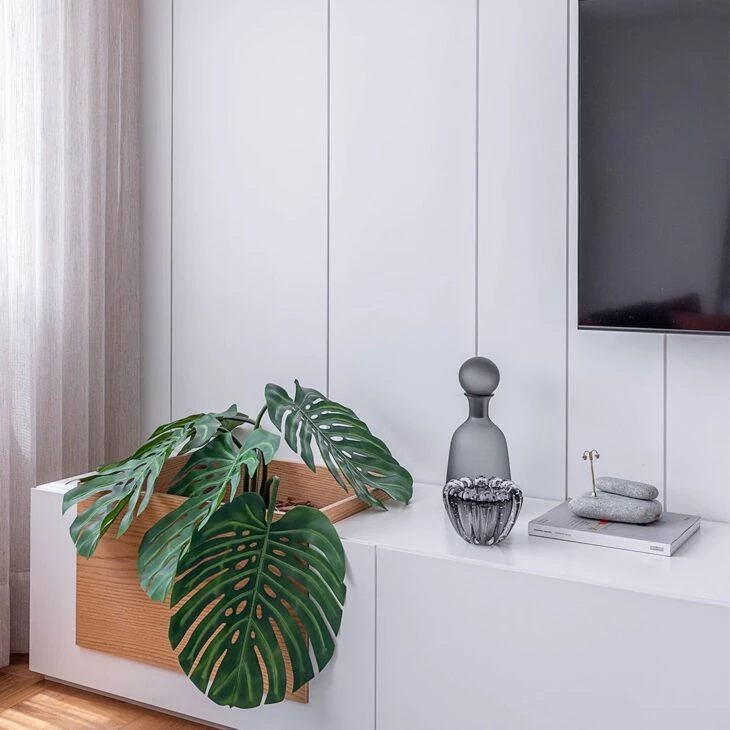
17. for a cozier effect, a thinner thickness is ideal
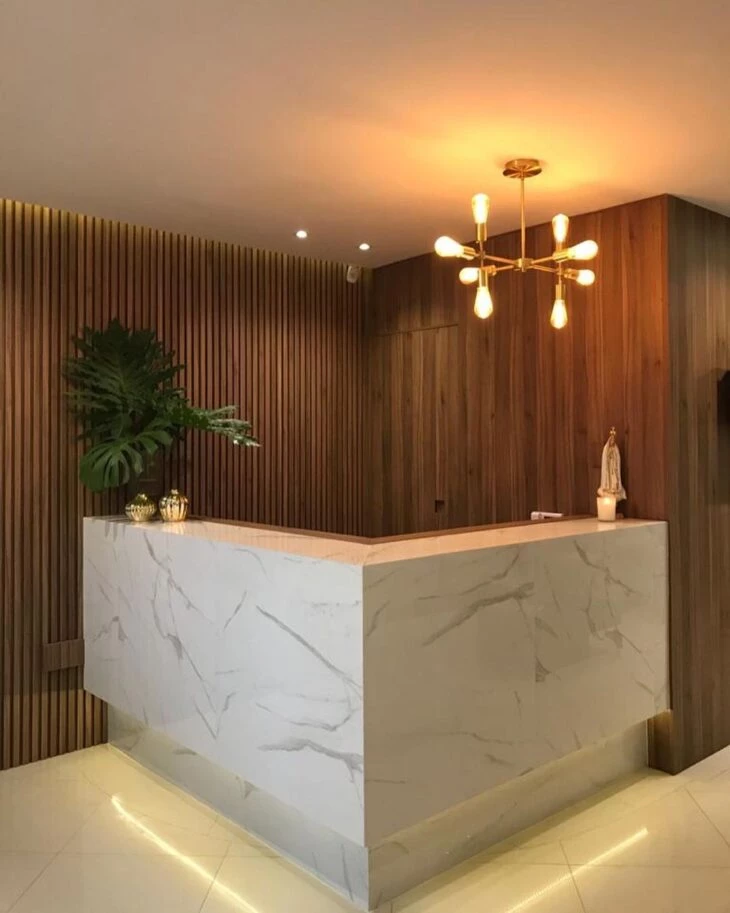
18. wainscoting also gives a small rustic look
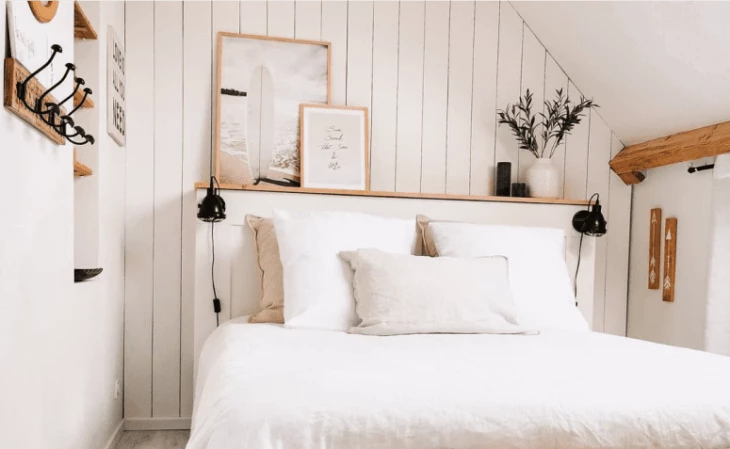
19. whatever model you choose
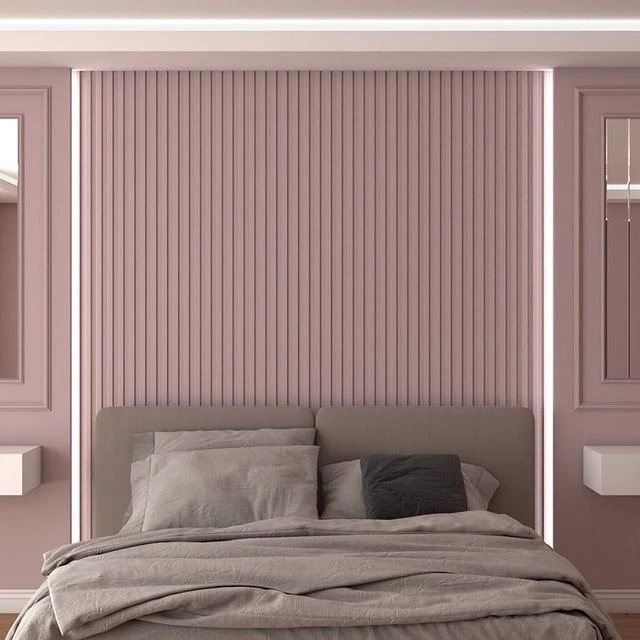
20. it's up to your preference, and your intention
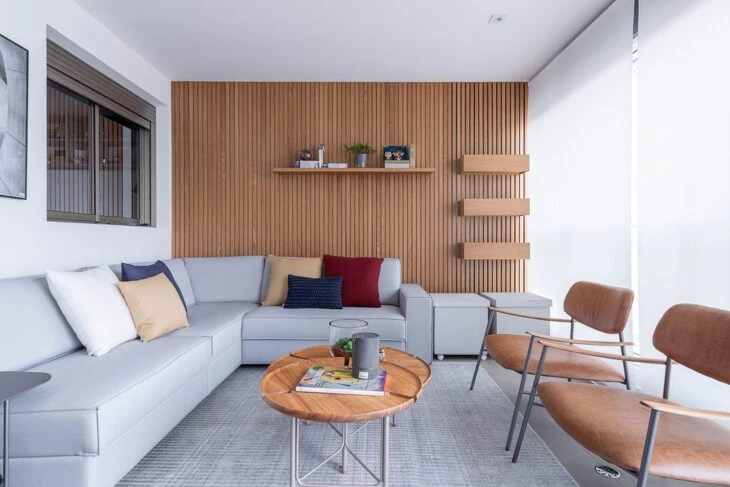
21. use wainscoting on small furniture details
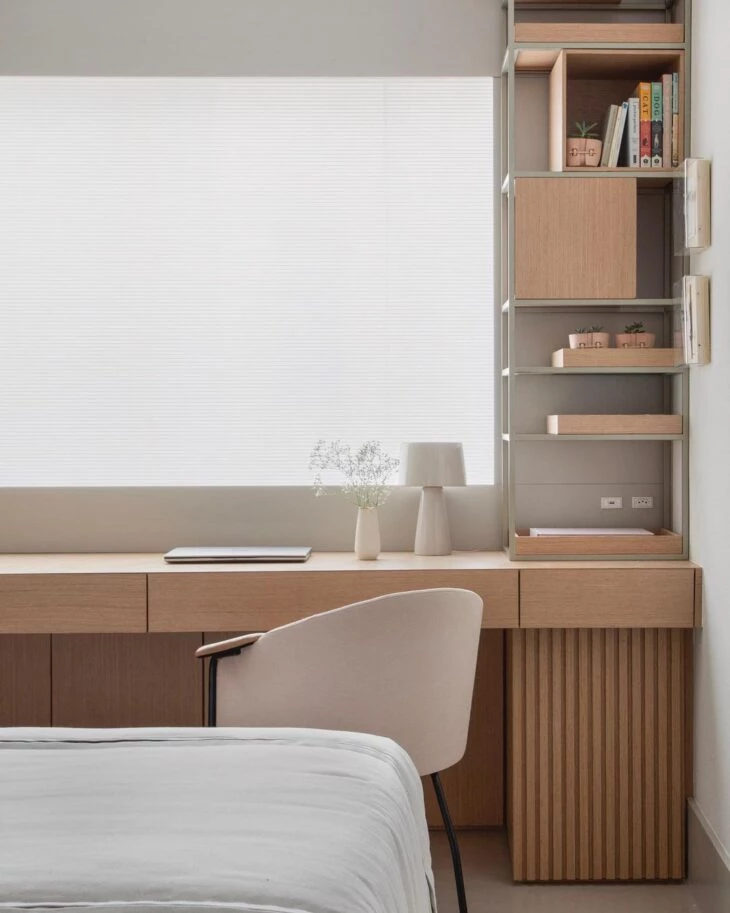
22. as in a bookcase
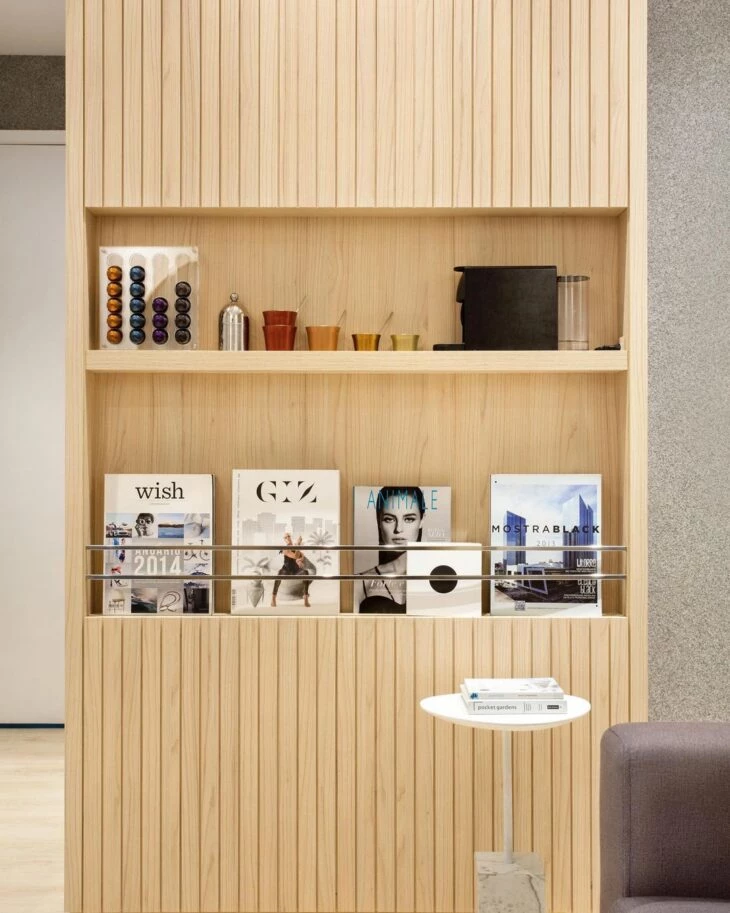
23. or entire walls
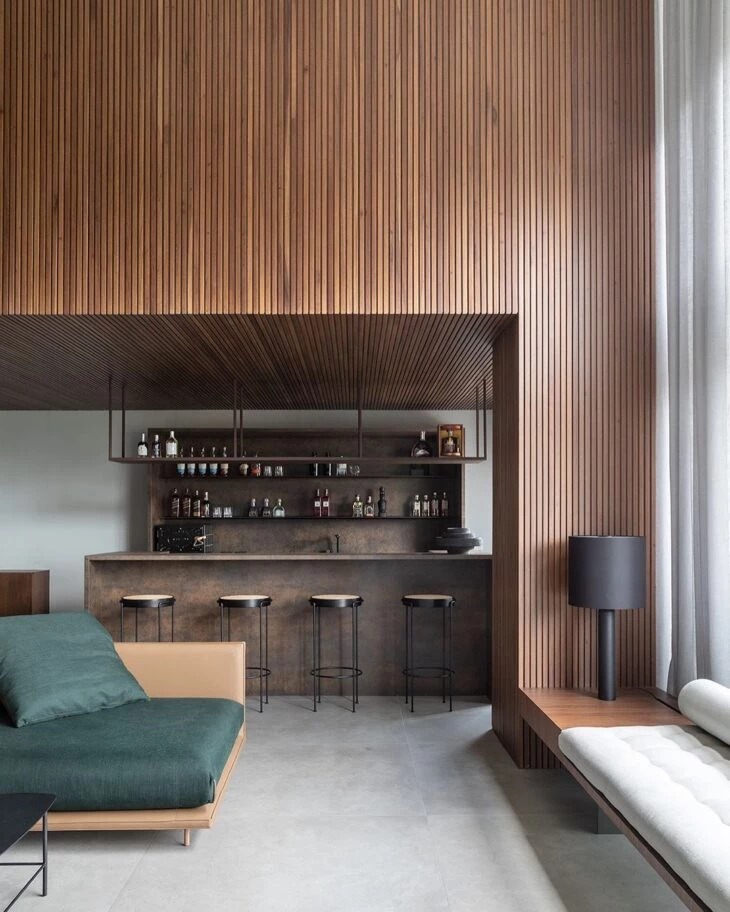
24. to bring texture into the room
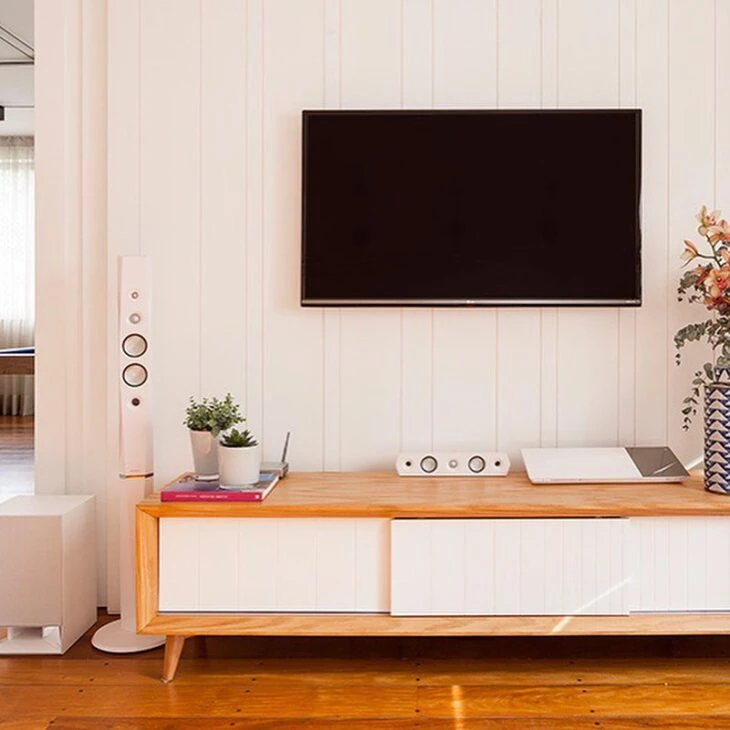
25. half-wall wainscoting panels are a charm
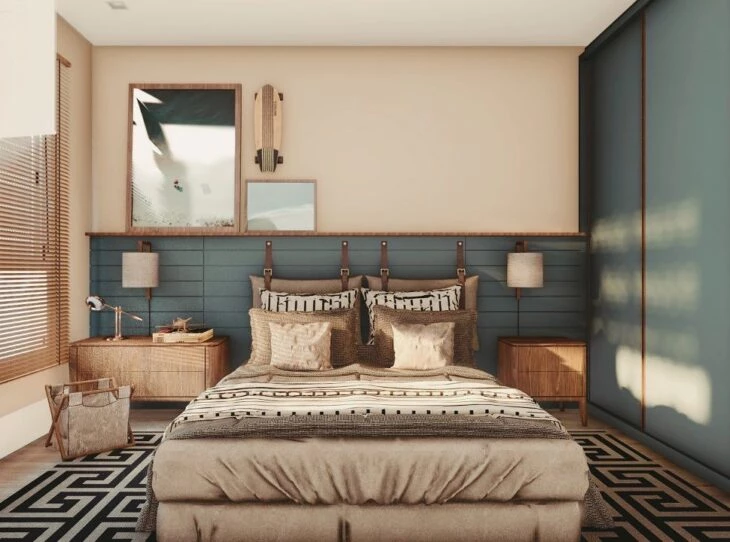
26. there are more modern models, such as hollow paneling
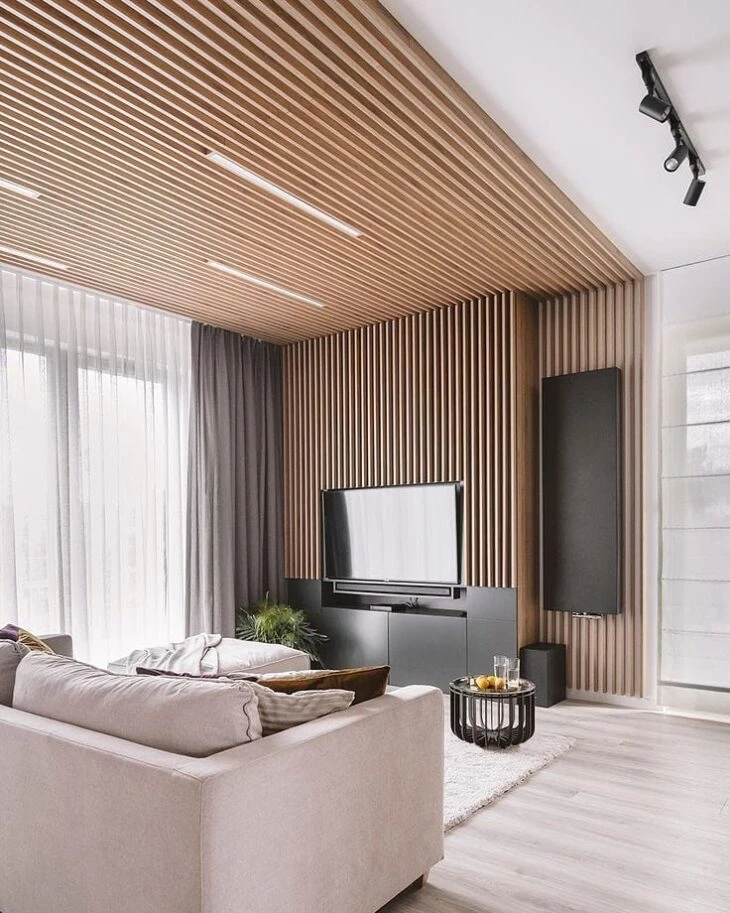
27. wainscot-style beams bring sobriety
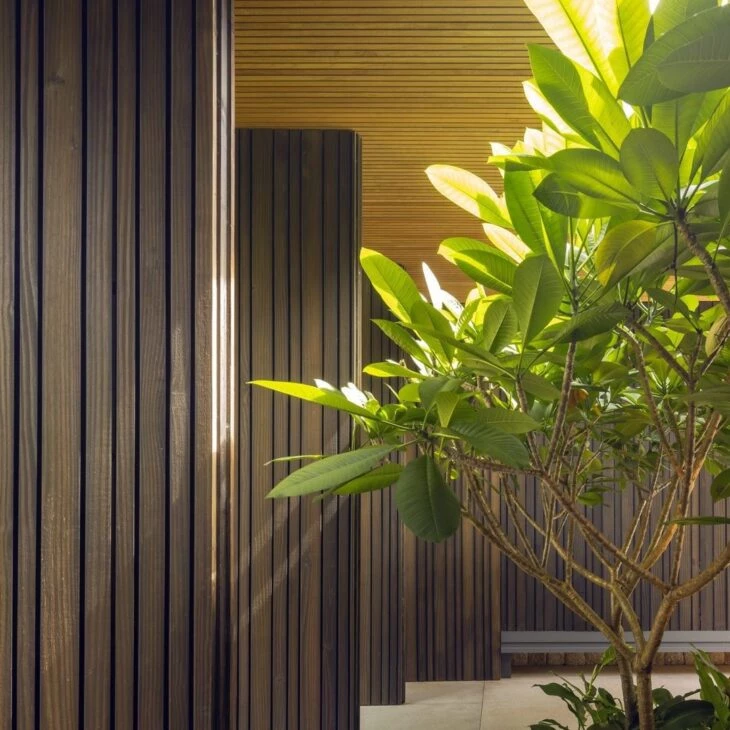
28. match your wall with the furniture
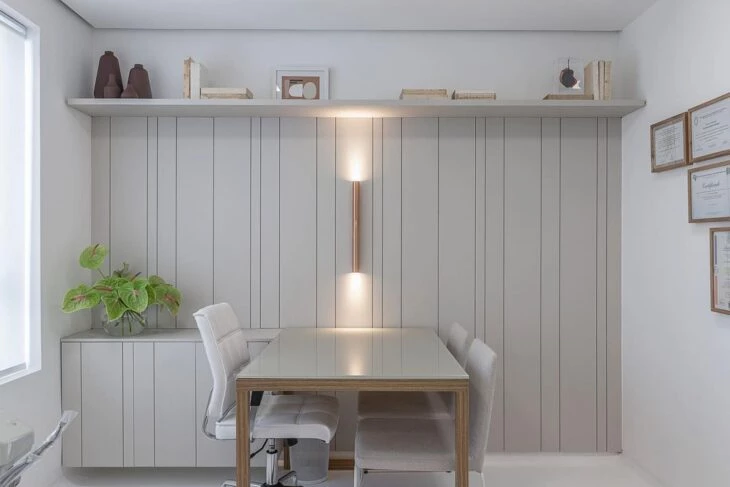
29. whether for simple or more elaborate decorations
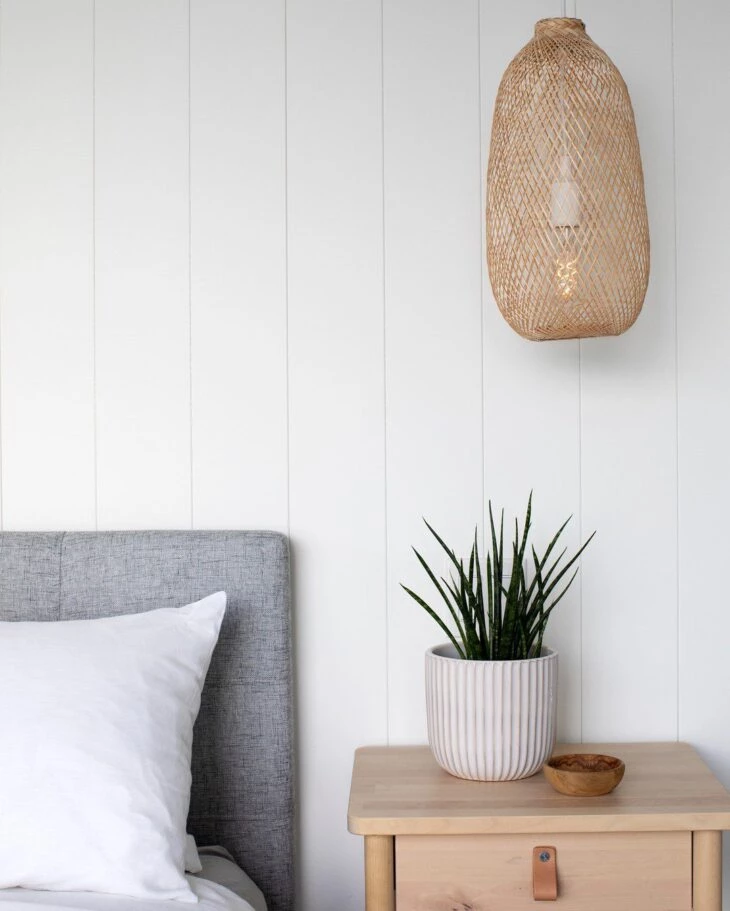
30. wainscoting is the key technique for your space!
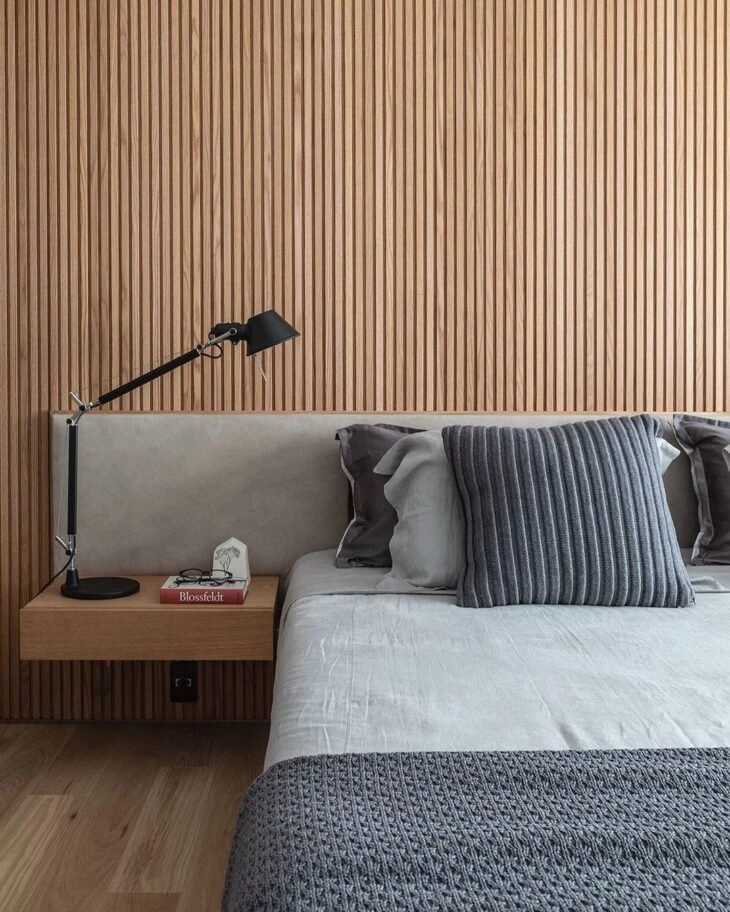
Originally, wainscoting was built to improve the room's thermal sensation. Nowadays, it is a trend in interior decoration and can be used in several places, such as headboards.


